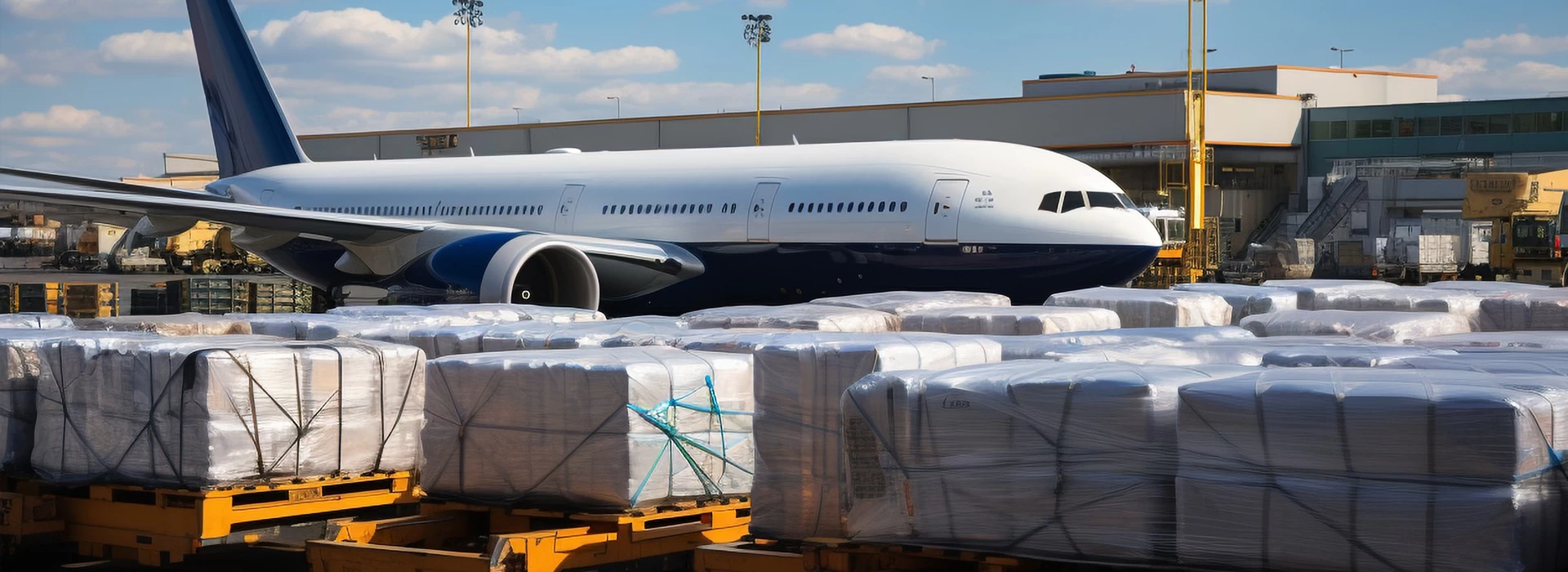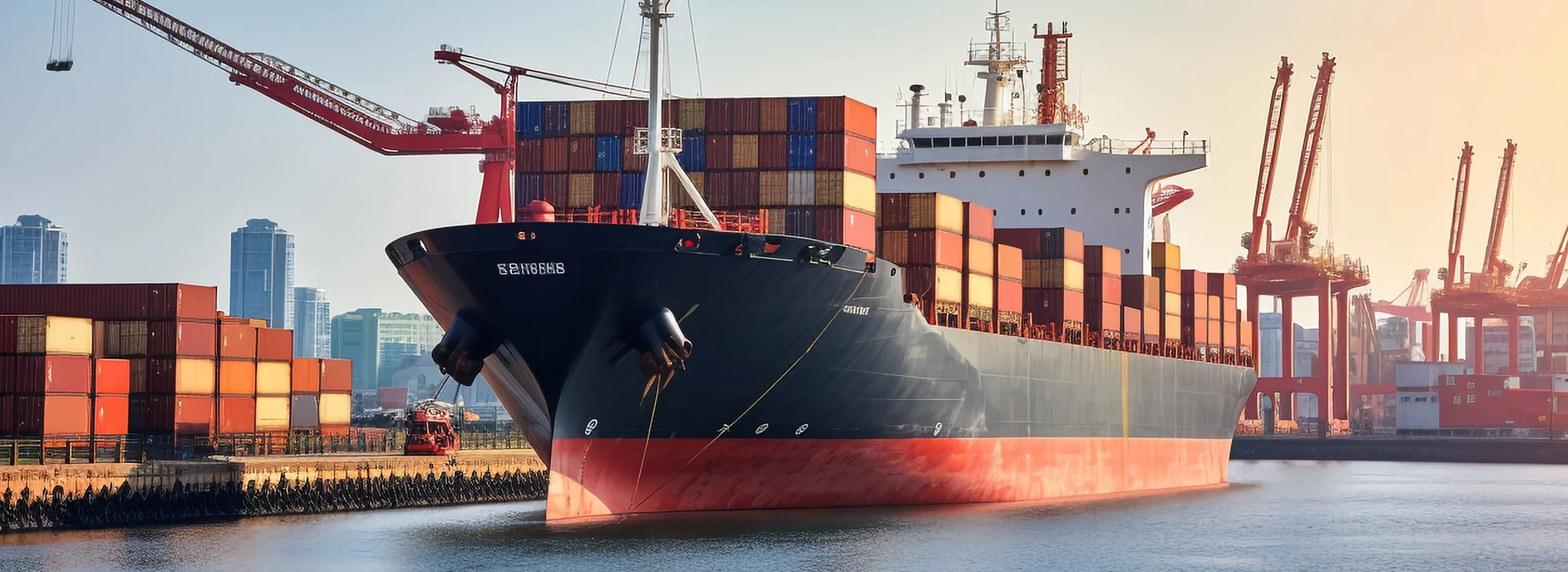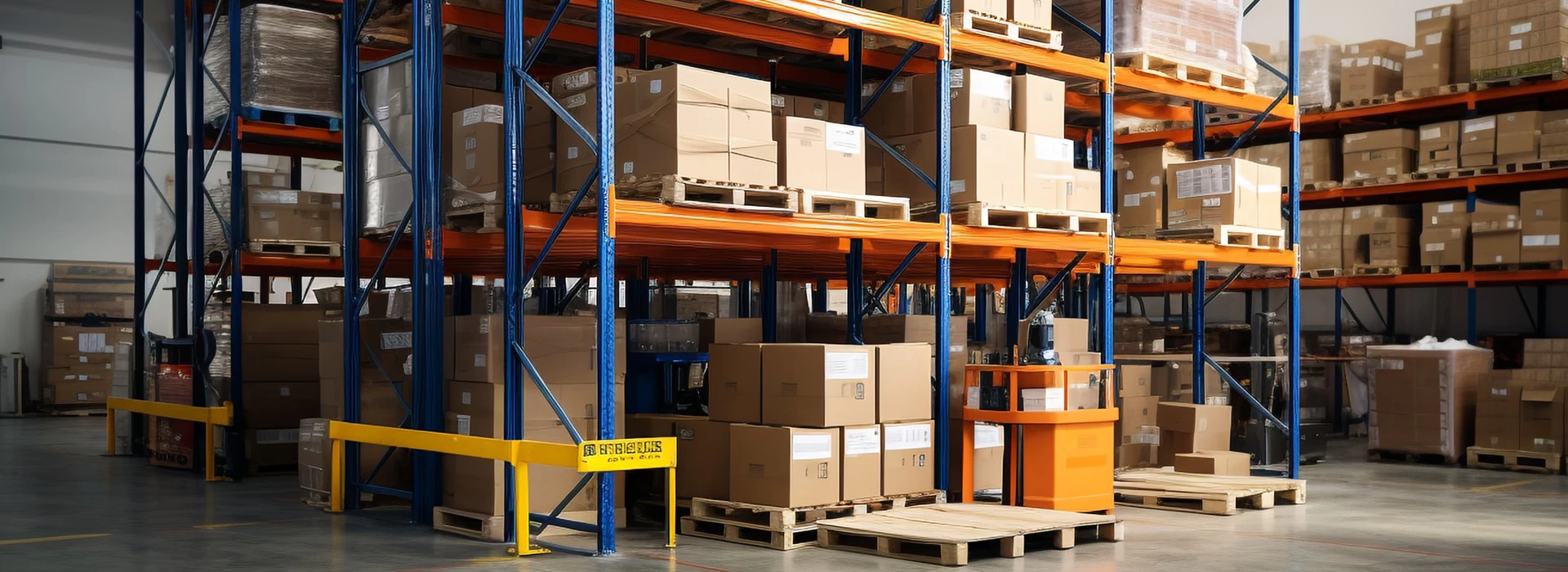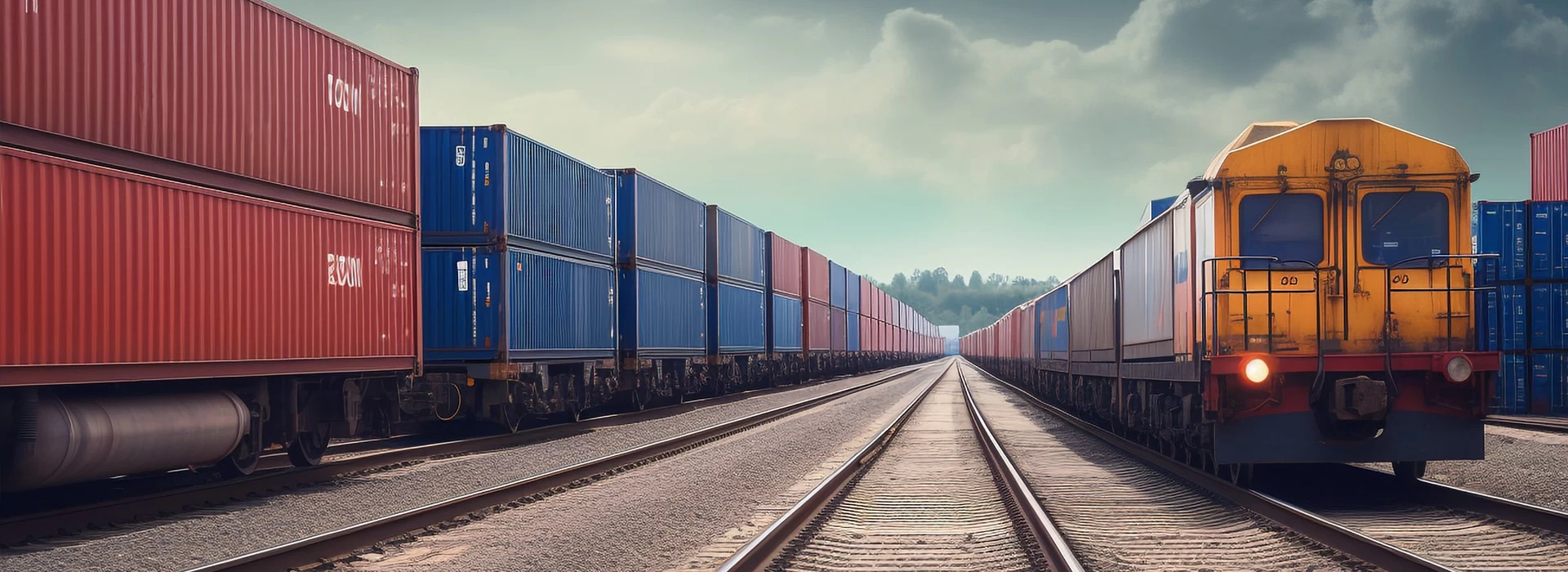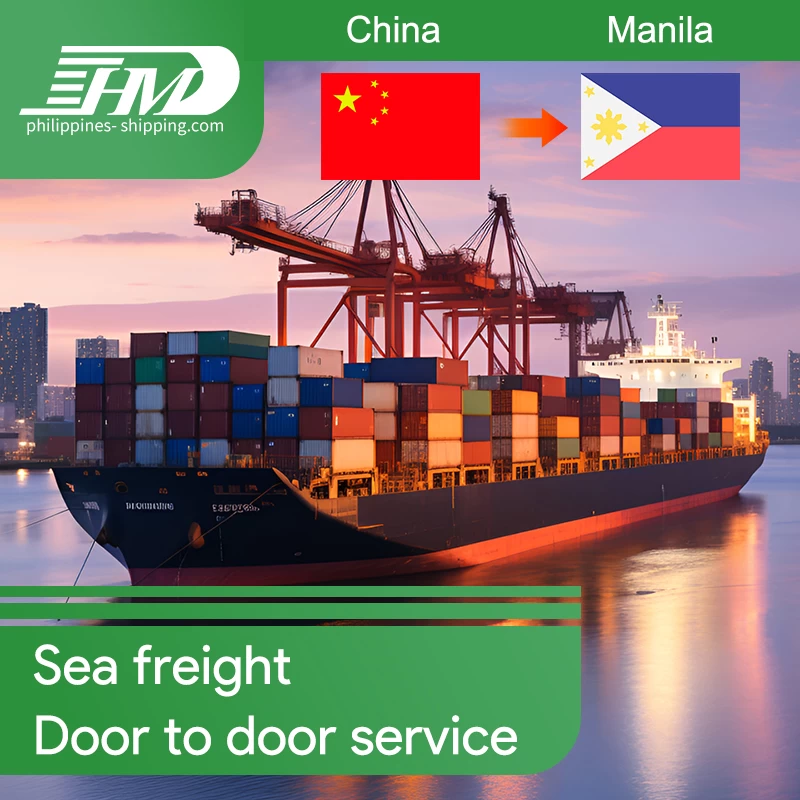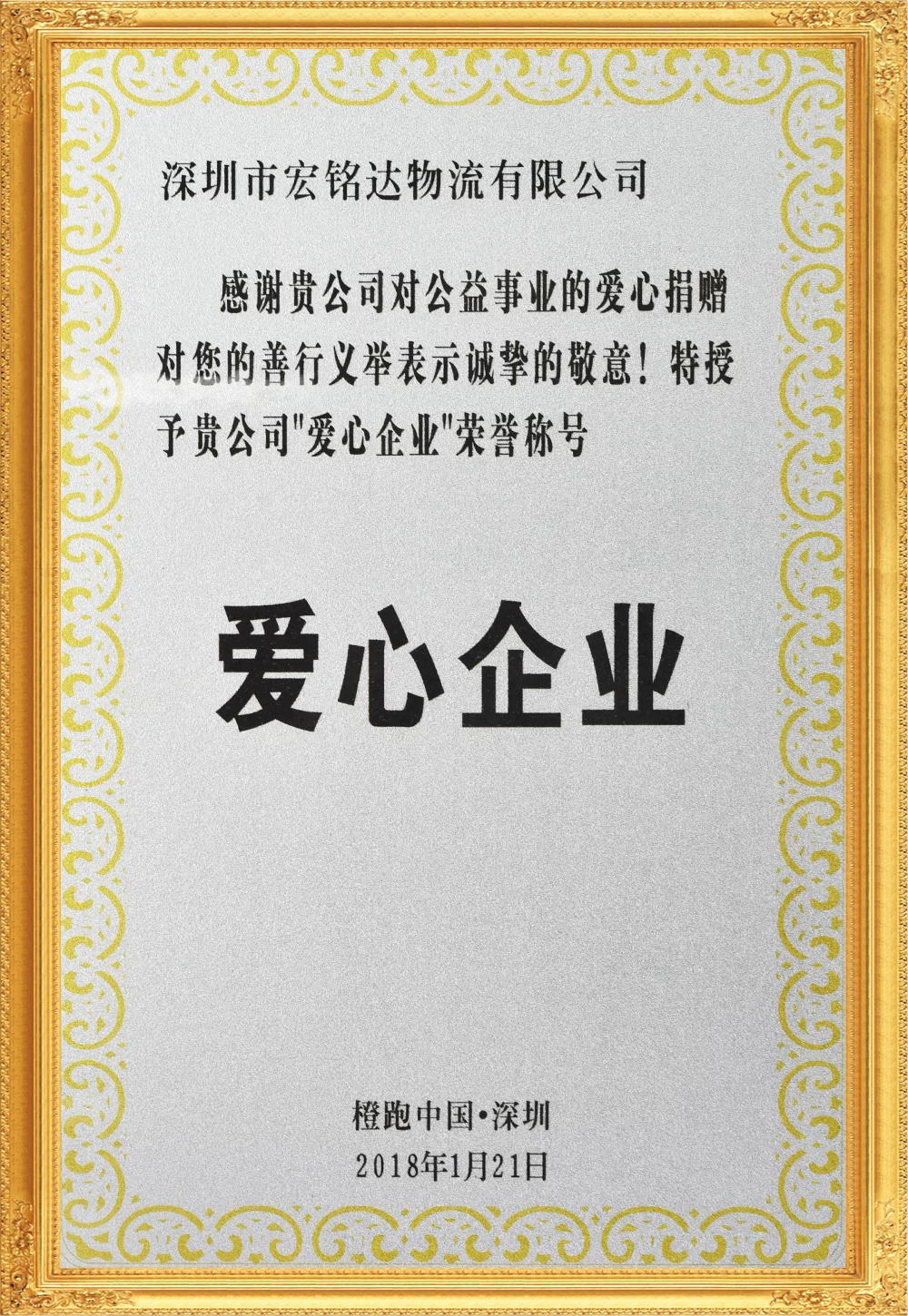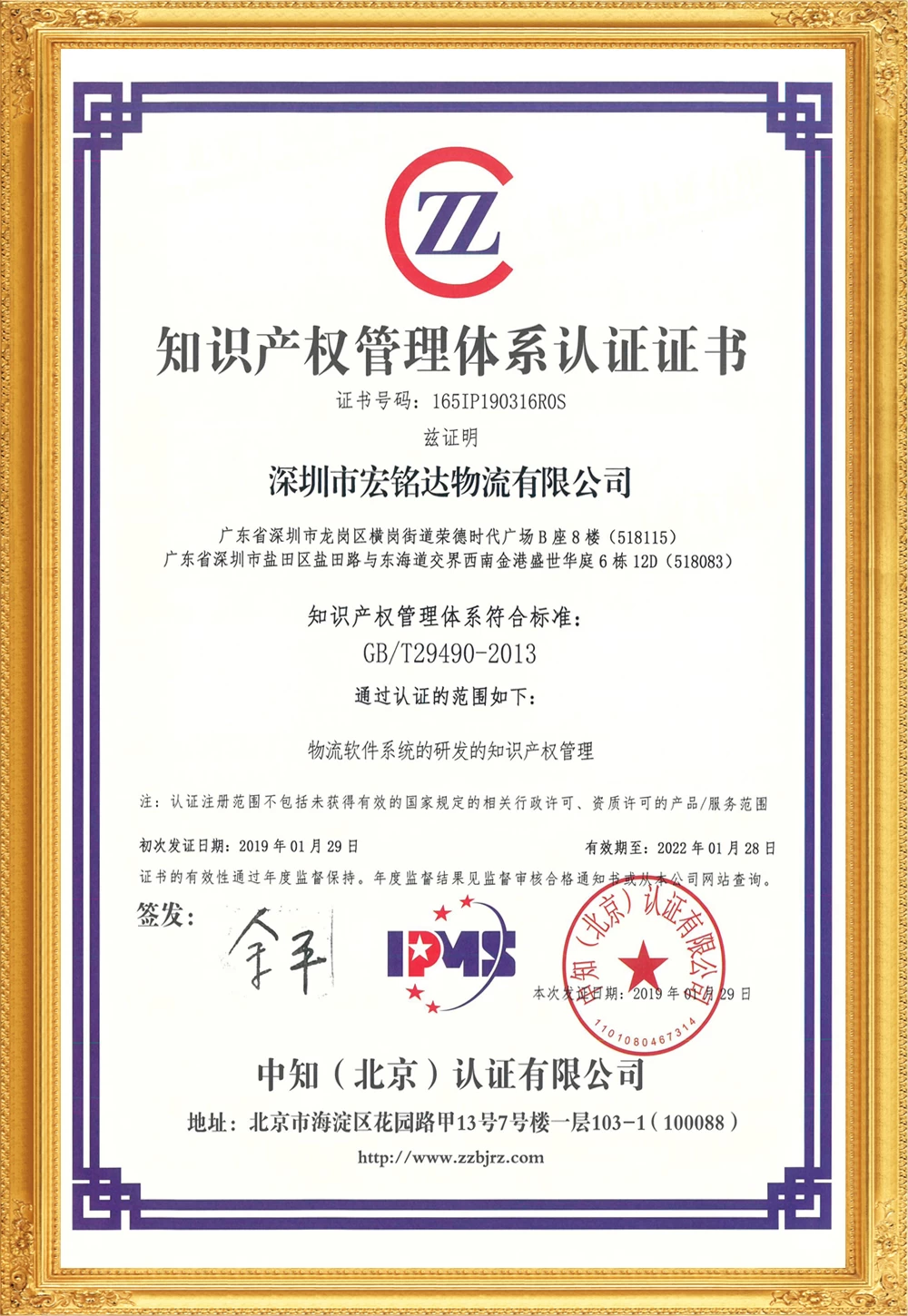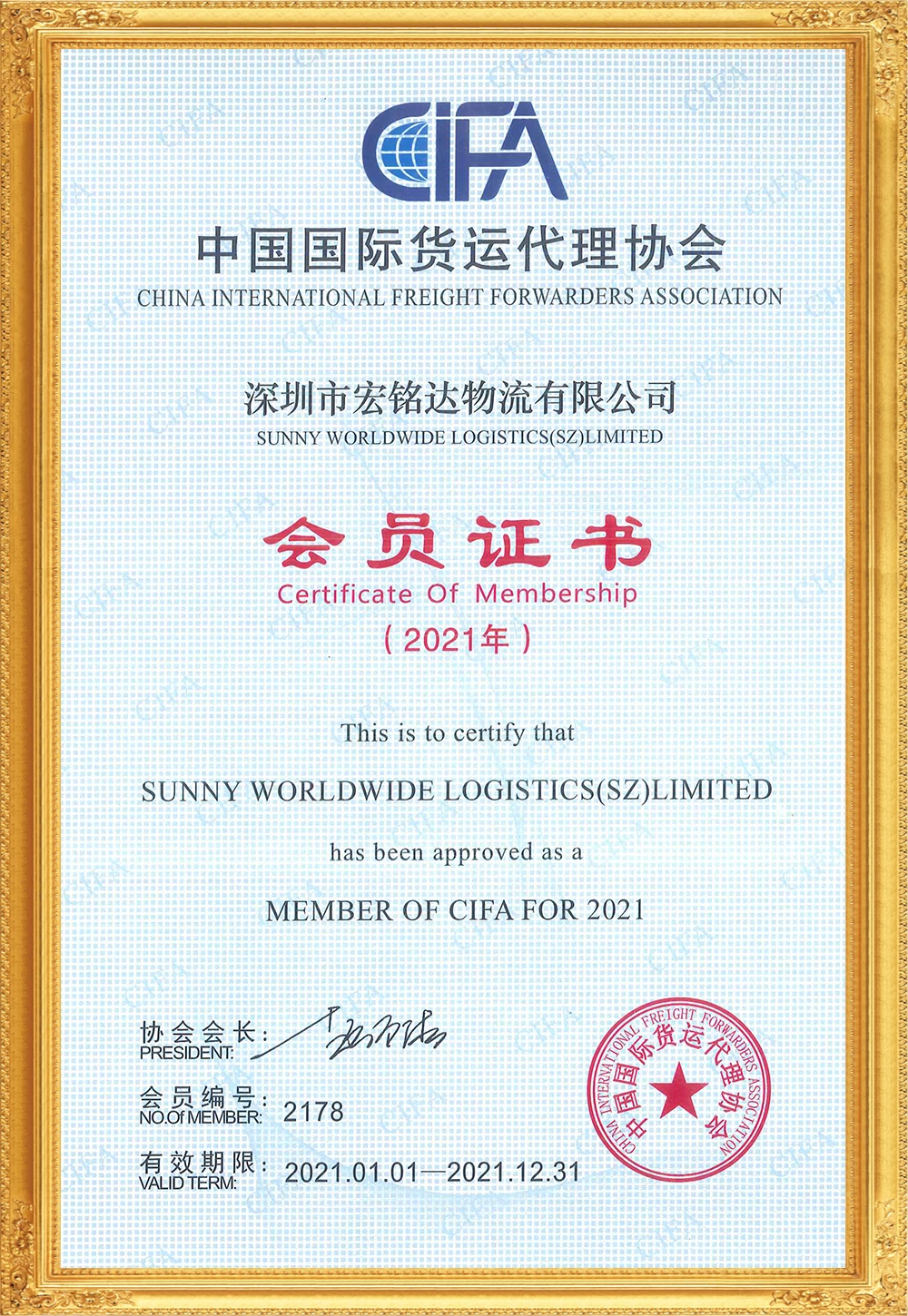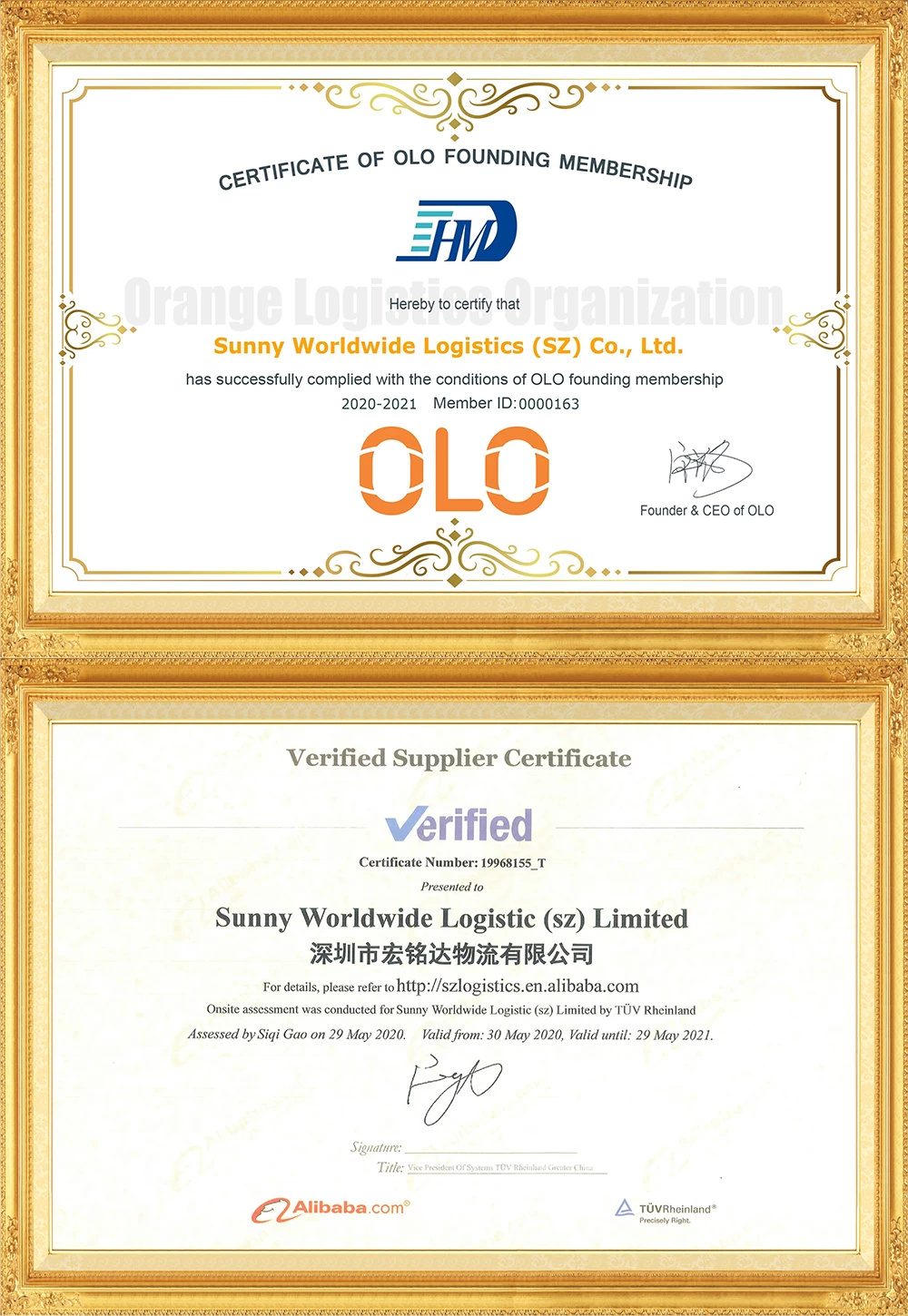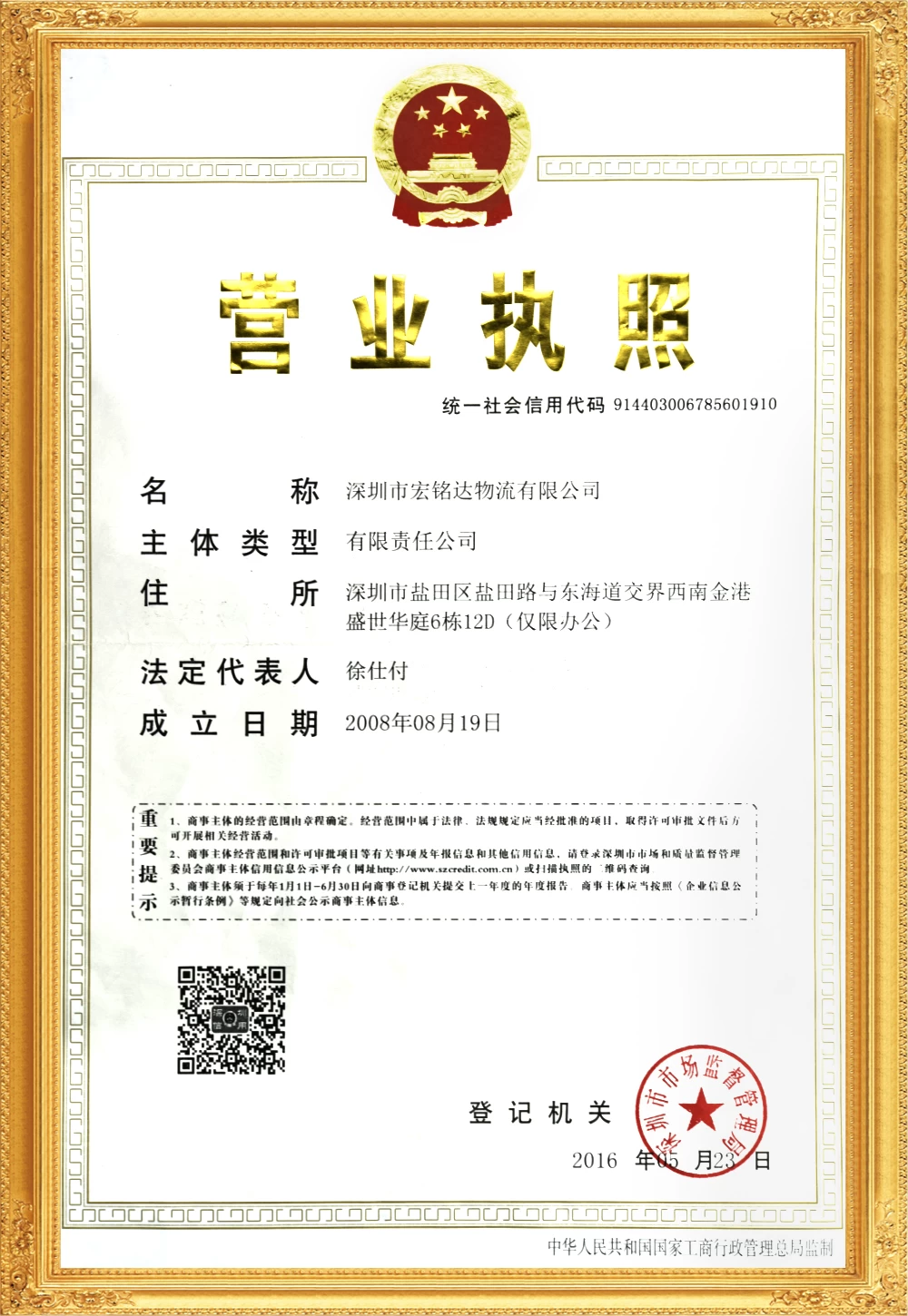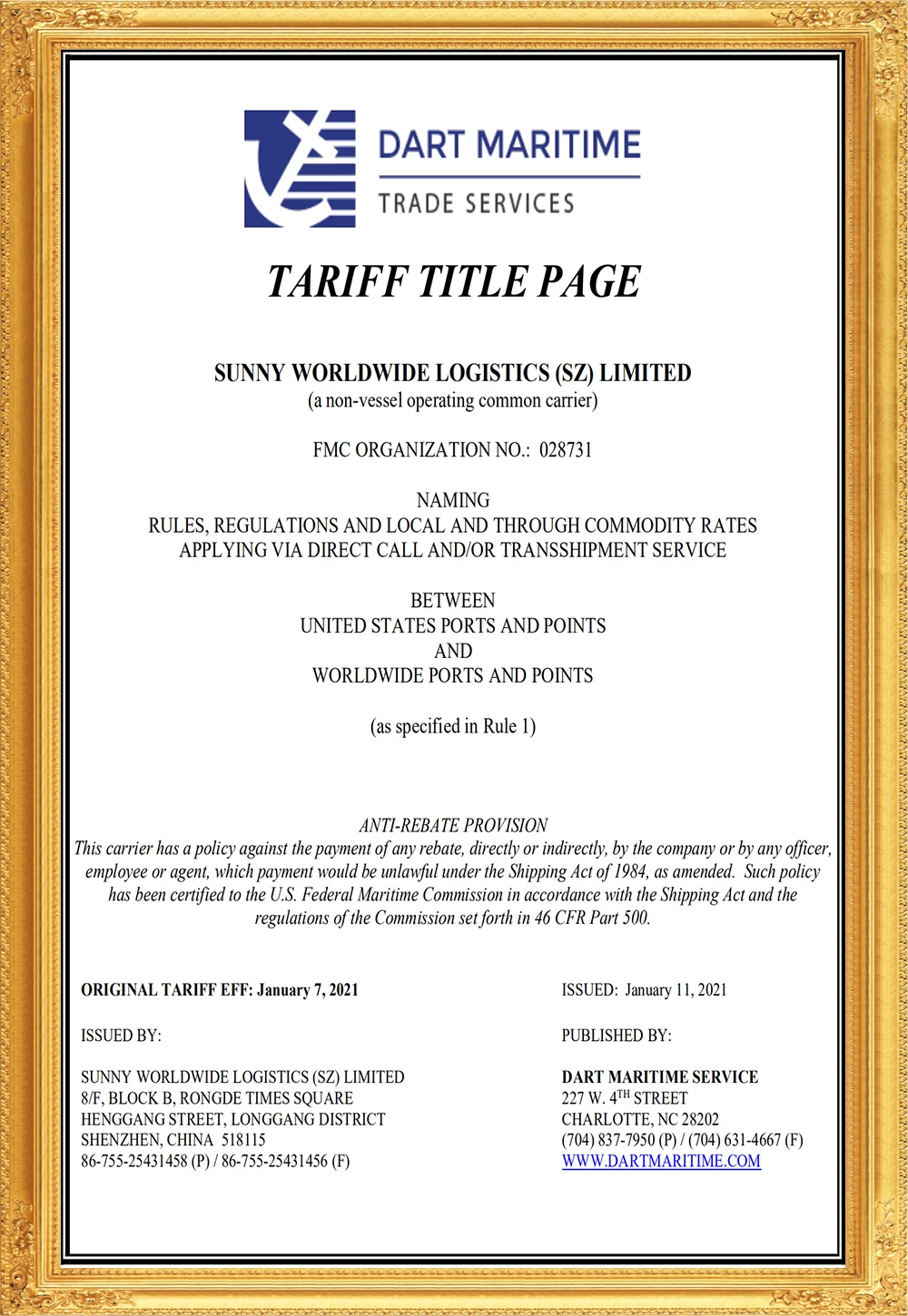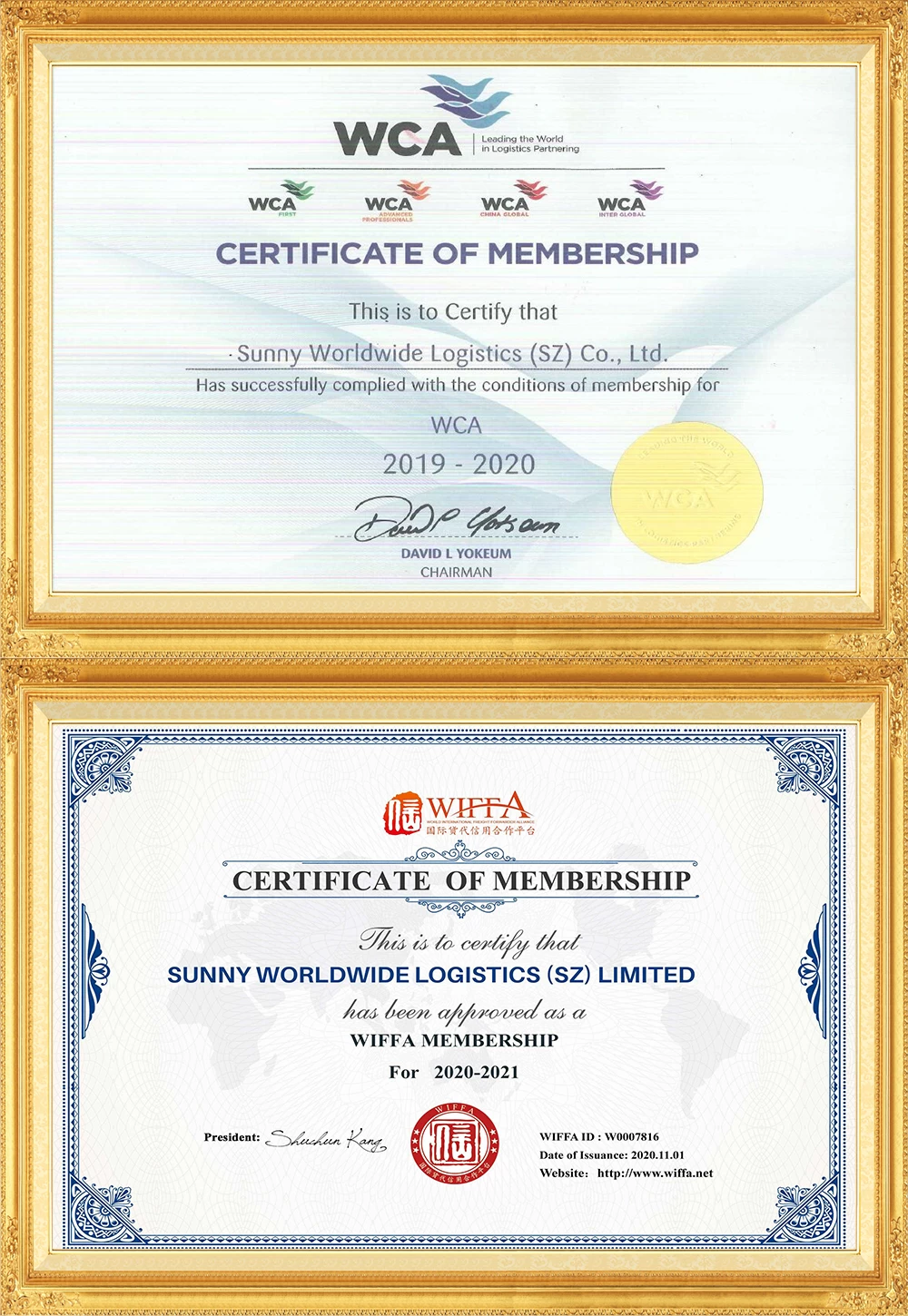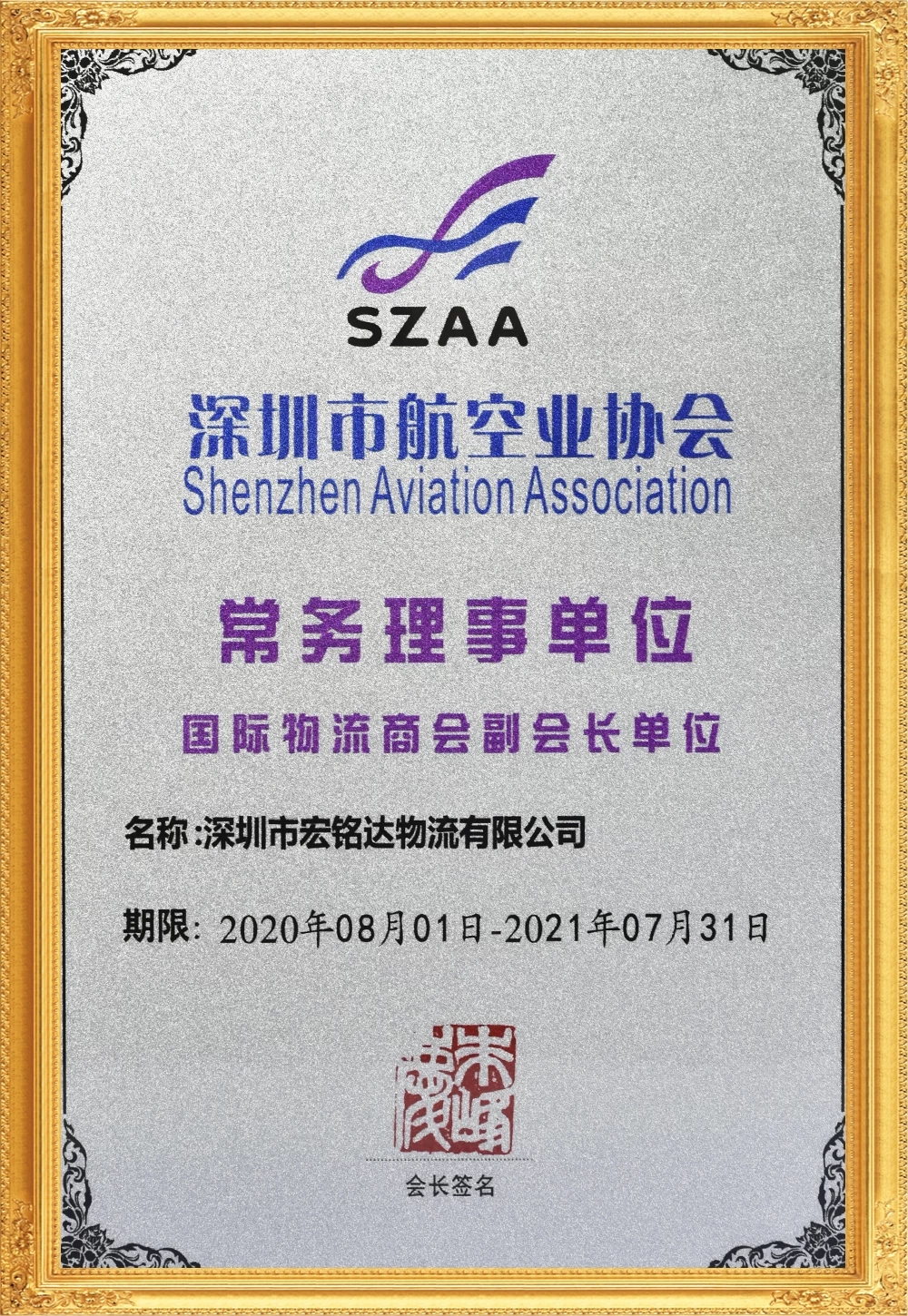Tensions escalate in Red Sea, 30% of container fleet will be in trouble
If tensions in the Red Sea escalate, more container ships could be blocked. According to the latest report from Linerlytica on December 5, the intensification of attacks on ships in the Red Sea may cause 30% of the container fleet to become troubled and need to be rerouted.
On December 3, the container ship "Number 9" owned by the British company Castle Harbor and operated by Orient Overseas OOCL was hit by a rocket fired by a Houthi armed drone during the ongoing Palestinian-Israeli conflict.
Linerlytica noted that the attack on the Number 9 container ship "expands the threat to all ships transiting the Red Sea, even those with no connection to Israel."
Haifa-based shipping company ZIM Line has rerouted its ships from the Suez Canal to the longer route around the Cape of Good Hope, while Denmark's Maersk Line "CMA CGM Symi" on November 25 After the attack, the routes of two ships leased from Israel were also changed.
According to data from Linerlytica, of the 653 container ships currently passing through the Suez Canal (with a total capacity of 8.25 million TEU), only 8 are operated by Israeli carriers and 29 are owned by Israeli interests.
Linerlytica said: "The current impact of ship diversions is minimal, but any escalation of the threat to ship security in the Suez Canal will have a larger impact, as 30% of total container ship capacity will be affected."
For now, Panama Canal transit restrictions and Suez Canal diversions have had little impact.
Congestion in the Panama Canal peaked in the week to December 3, with 31 ships waiting in line, but has eased as more ships moved to the Suez Canal and the Cape of Good Hope.
Linerlytica said: “While these initiatives will help absorb some of the excess vessels, the impact is limited at this stage as it affects less than 2% of the entire fleet.


